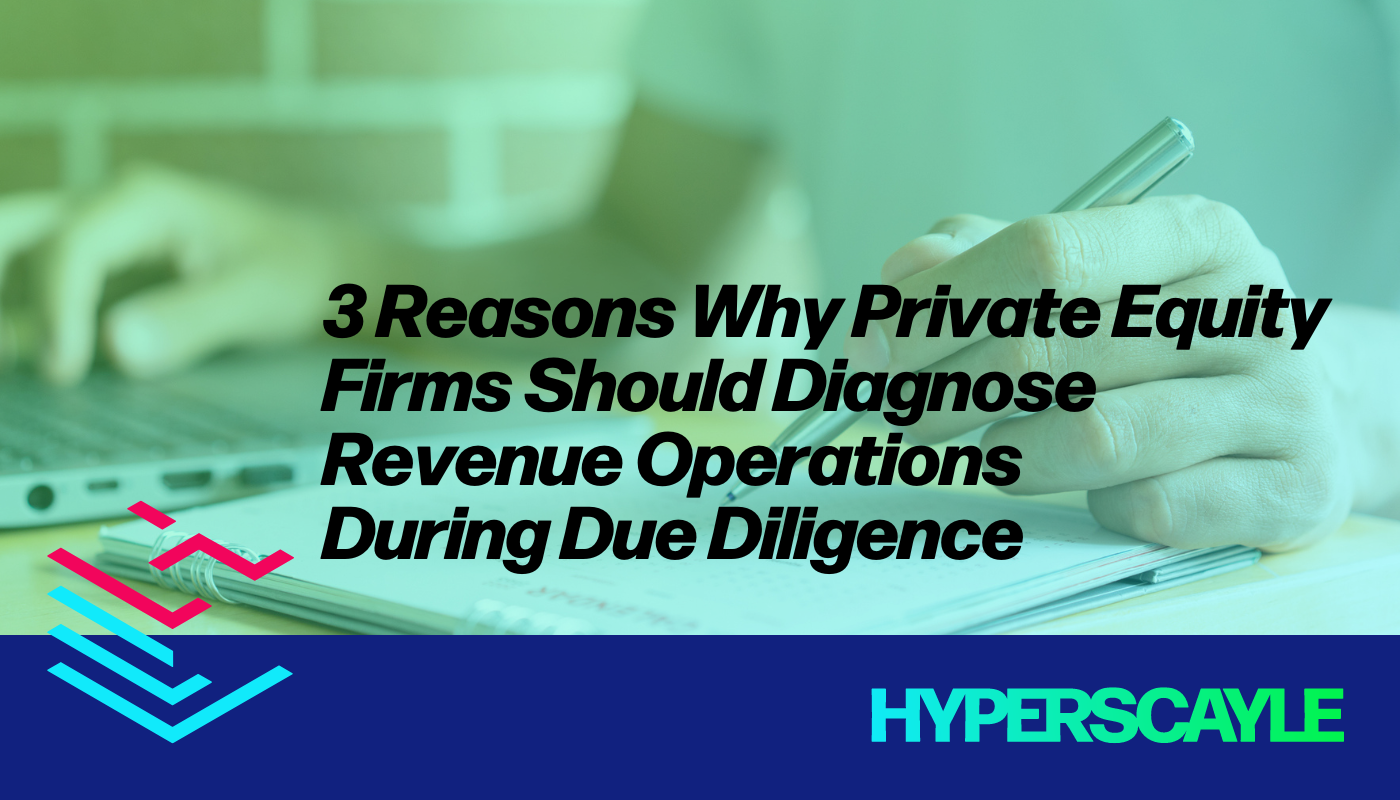Due diligence in private equity is an essential process that every investor must undertake before committing capital to a deal. It involves a detailed evaluation of the target company's financial health, operational efficiency, market position, and growth potential. By conducting thorough due diligence, investors can minimize risks, identify potential challenges, and ensure alignment with their investment objectives.
Investing in private equity is a complex endeavor that requires careful consideration of numerous factors. Due diligence serves as a critical safeguard, allowing investors to gain a deeper understanding of the target company's strengths, weaknesses, and opportunities. This process not only protects investors' capital but also enhances the likelihood of achieving long-term success.
In today's competitive private equity landscape, due diligence has become more crucial than ever. With the increasing complexity of deals and the growing demand for transparency, investors must adopt a structured and methodical approach to due diligence. This guide will walk you through the key aspects of due diligence in private equity, offering practical insights and actionable advice to help you make informed investment decisions.
Read also:The French Angel A Captivating Tale Of French Culture And Heritage
What is Due Diligence in Private Equity?
Due diligence in private equity refers to the comprehensive evaluation process that investors undertake to assess the viability and potential of a target company. This process involves examining various aspects of the company, including its financial performance, operational capabilities, legal compliance, and market dynamics. By conducting due diligence, investors can identify potential risks and opportunities, ensuring that their investment aligns with their strategic goals.
The importance of due diligence cannot be overstated. It serves as a critical tool for risk mitigation, enabling investors to make informed decisions based on a thorough understanding of the target company's business model, competitive landscape, and growth prospects. Moreover, due diligence helps investors negotiate favorable terms and conditions, maximizing the value of their investment.
According to a report by McKinsey & Company, companies that conduct rigorous due diligence are more likely to achieve successful outcomes in their private equity investments. This highlights the significance of due diligence as a cornerstone of successful private equity transactions.
Key Components of Due Diligence in Private Equity
Financial Due Diligence
Financial due diligence focuses on analyzing the target company's financial statements, cash flow, and profitability. This involves reviewing historical financial data, assessing current financial performance, and projecting future financial outcomes. By conducting financial due diligence, investors can gain insights into the company's financial health and identify potential red flags.
Some key aspects of financial due diligence include:
- Reviewing income statements, balance sheets, and cash flow statements
- Assessing revenue growth, profitability margins, and cost structure
- Evaluating debt levels and liquidity positions
- Identifying any anomalies or inconsistencies in financial reporting
Operational Due Diligence
Operational due diligence examines the target company's operational processes, supply chain management, and production capabilities. This involves assessing the efficiency and effectiveness of the company's operations, identifying areas for improvement, and evaluating the scalability of its business model.
Read also:Mikafans Leaked Unveiling The Truth And Addressing Key Concerns
Key elements of operational due diligence include:
- Reviewing production processes and capacity utilization
- Assessing supply chain resilience and risk management
- Evaluating quality control measures and compliance with industry standards
Legal and Regulatory Due Diligence
Legal and regulatory due diligence involves examining the target company's compliance with applicable laws and regulations. This includes reviewing contracts, intellectual property rights, litigation history, and regulatory requirements. By conducting legal due diligence, investors can ensure that the company operates within the legal framework and identify any potential legal liabilities.
Key considerations in legal and regulatory due diligence include:
- Reviewing contracts with suppliers, customers, and employees
- Assessing intellectual property ownership and protection
- Evaluating compliance with industry-specific regulations
Market and Commercial Due Diligence
Market and commercial due diligence focuses on analyzing the target company's market position, competitive landscape, and growth potential. This involves assessing the size and dynamics of the target market, evaluating the company's competitive advantage, and identifying opportunities for expansion and innovation.
Key aspects of market and commercial due diligence include:
- Assessing market size, growth trends, and customer demographics
- Evaluating the company's competitive positioning and market share
- Identifying potential synergies and growth opportunities
Risk Assessment and Mitigation Strategies
Identifying Potential Risks
Risk assessment is a critical component of due diligence in private equity. It involves identifying potential risks that could impact the target company's performance and value. These risks may include financial risks, operational risks, legal risks, and market risks.
Key risks to consider during due diligence include:
- Financial risks such as liquidity constraints and debt levels
- Operational risks such as supply chain disruptions and production inefficiencies
- Legal risks such as litigation and regulatory non-compliance
Implementing Mitigation Strategies
Once potential risks have been identified, investors can develop and implement mitigation strategies to minimize their impact. This may involve restructuring the company's operations, renegotiating contracts, or enhancing compliance measures.
Effective mitigation strategies include:
- Developing contingency plans for operational disruptions
- Strengthening legal and regulatory compliance frameworks
- Enhancing risk management processes and controls
Best Practices for Conducting Due Diligence
To ensure the success of the due diligence process, investors should adopt best practices that promote efficiency, accuracy, and transparency. These practices include:
- Assembling a cross-functional due diligence team with expertise in finance, operations, legal, and market analysis
- Developing a detailed due diligence checklist to ensure all key areas are covered
- Engaging third-party experts for specialized assessments, such as environmental or cybersecurity due diligence
Case Studies of Successful Due Diligence in Private Equity
Several case studies highlight the importance and effectiveness of due diligence in private equity transactions. For instance, a study by Bain & Company found that companies that conducted thorough due diligence achieved higher returns on investment compared to those that skipped or rushed the process.
One notable example is the acquisition of a technology company by a private equity firm. Through rigorous due diligence, the firm identified key areas for operational improvement and negotiated favorable terms, resulting in a successful exit within three years.
Common Pitfalls in Due Diligence
Despite its importance, due diligence in private equity is not without its challenges. Common pitfalls include:
- Limited access to information or incomplete data
- Over-reliance on management representations without independent verification
- Failing to address key risks or opportunities during the due diligence process
Avoiding these pitfalls requires a proactive and thorough approach to due diligence, ensuring that all relevant information is gathered and analyzed.
Conclusion and Call to Action
Due diligence in private equity is a critical process that enables investors to make informed decisions, mitigate risks, and achieve successful outcomes. By following the best practices outlined in this guide and leveraging the expertise of experienced professionals, investors can enhance the effectiveness of their due diligence efforts.
We invite you to share your thoughts and experiences with due diligence in private equity in the comments section below. Additionally, explore our other resources on private equity and investment strategies to deepen your knowledge and stay informed.
Table of Contents
- What is Due Diligence in Private Equity?
- Key Components of Due Diligence in Private Equity
- Legal and Regulatory Due Diligence
- Market and Commercial Due Diligence
- Risk Assessment and Mitigation Strategies
- Best Practices for Conducting Due Diligence
- Case Studies of Successful Due Diligence in Private Equity
- Common Pitfalls in Due Diligence
- Conclusion and Call to Action


